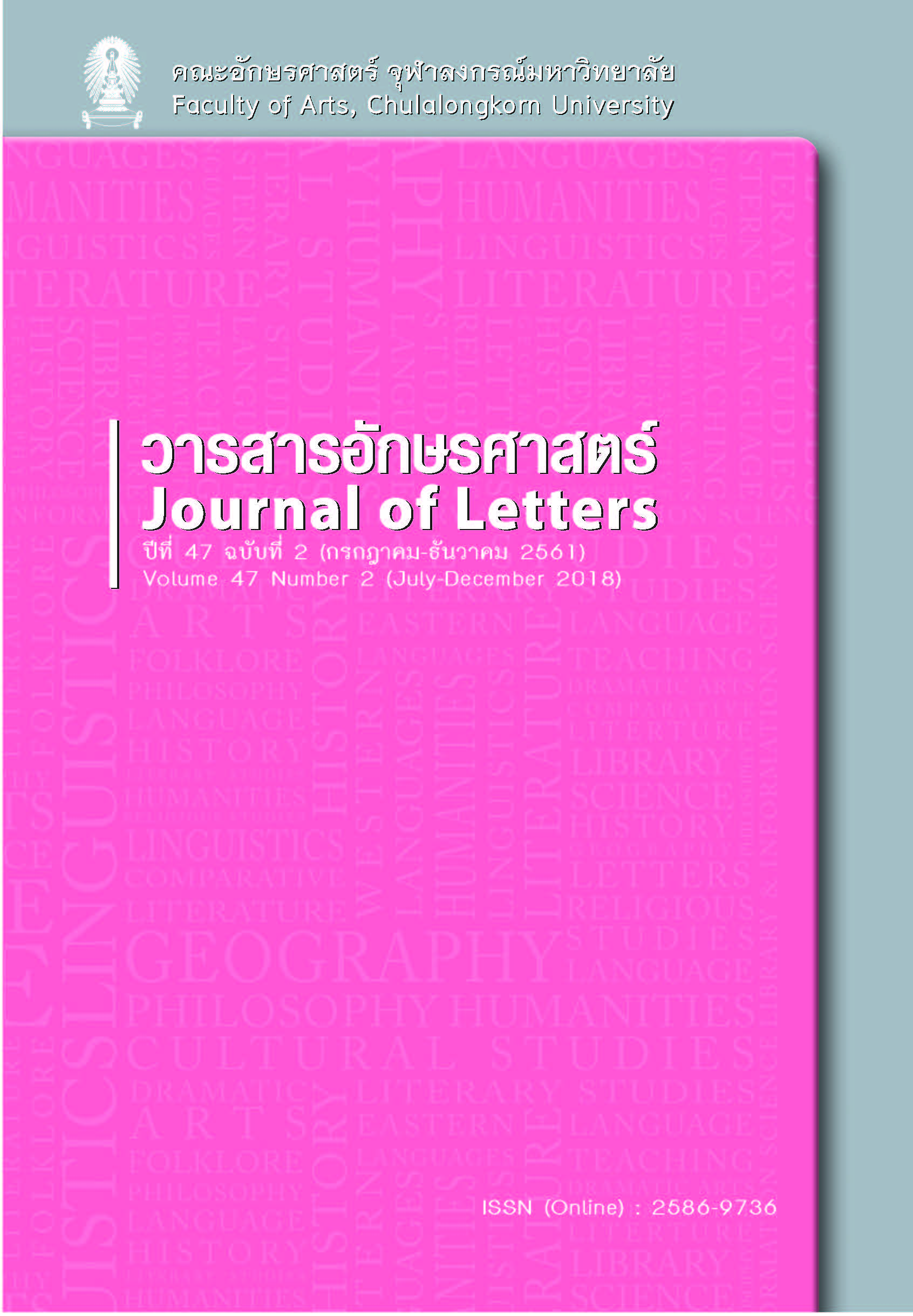Guidelines for Developing the Enterprising Library, Faculty of Business Administration, Chiang Mai University
Keywords:
Small and Medium Enterprises, The Enterprising LibraryAbstract
The objective of this research was to develop guidelines for information organization and services that matched the needs of small and medium enterprises. The researcher used mixed research methods, i.e. surveying information needs and the services of small and medium enterprises in Chiang Mai (a group of 398 samples), and interviewing seven enterprise consultants on 1) usage and demand of information resources 2) information seeking 3) usage and demand of information services 4) problems and obstacles in using information. Questionnaires and semi-structured in-depth interviews were used to collect information. The research showed that 1) most of the small and medium enterprises used and required books. The most used area of information was business services and marketing. In terms of information current, they required the most recent educational, entertainment and statistical information. The objectives of their usage were to catch on news and improve and develop businesses. 2) The majority of entrepreneurs accessed information through the internet, based on the data from financial institutions and commercial banks. 3) Information services required the most are current content awareness service, selective dissemination of information service and reference services, respectively. They also required one - stop services, which assembled and associated information that was essential for business and services which was different from other providers, such as data analysis services focusing on convenient online searching tool, and keeping track of searching history of users for improvement and development 4) The problems and obstacles in using information were information’s up-to-dateness, type, quality, accessibility, and information in foreign languages.
A guideline for information organization for developing enterprising library is to classify the enterprises into 21 categories, and divide information of each category into three sub categories, following British Library’s model, i.e. (1) Plan to start your business (2) Ideas protection (3) Plan to grow your business. Then, create an index, subject heading and thesaurus in order to help the user to access information faster and easier. A guideline for information services is focusing on online one stop services, by adopting necessary technology such as AI, data mining, web board and online social media.
Downloads
Published
How to Cite
Issue
Section
License
Copyright and plagiarism
Authors are responsible for obtaining permission to use copyrighted materials from copyright owners. Authors are responsible for observing requisite copyright law when quoting or reproducing copyrighted materials. Quotations and reproductions of content from other published sources must be accompanied by a reference and all sources should be clearly listed in the references section. Quotations and reproductions of content from external sources without due attribution could be considered a severe infringement of academic conduct and may constitute a legal offence under the Copyright Act of B.E. 2537. Any legal ramifications arising from the infringement of copyright regulations would be the sole responsibility of the author(s).



